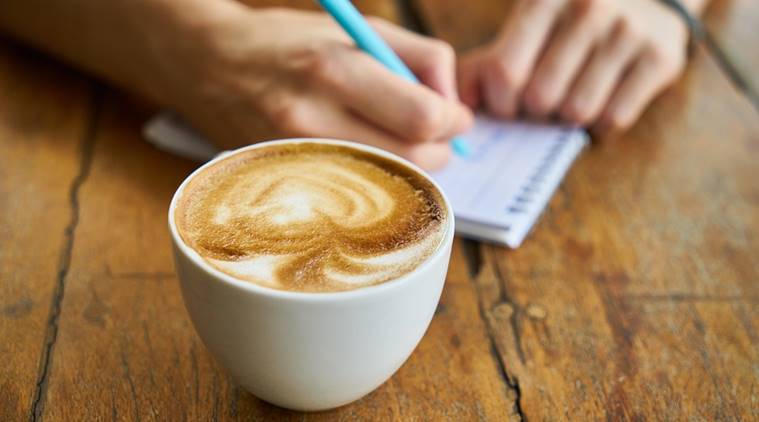
Most people prefer coffee as their early morning beverage – thanks to its refreshing aroma and the much needed energetic boost it promises. However, the caffeine content in coffee has always been a major health concern which has kept people from consuming it regularly. Interestingly though, in a recent study conducted by the University of Toronto, it was found that just looking at something that reminds us of coffee can cause our minds to become more alert and attentive.
“Coffee is one of the most popular beverages and a lot is known about its physical effects,” says Sam Maglio, an associate professor in the Department of Management at the University of Toronto Scarborough and the Rotman School of Management. “Much less is known about its psychological meaning — in other words, how even seeing reminders of it can influence how we think.”
The study was co-authored by Maglio and published in the journal Consciousness and Cognition.
As per a report on the University’s website, for the purpose of the study, the researchers studied “an effect called priming, through which exposure to even subtle cues can influence our thoughts and behaviour.”
“People often encounter coffee-related cues, or think about coffee, without actually ingesting it,” says Maglio, an expert on consumer behaviour. “We wanted to see if there was an association between coffee and arousal such that if we simply exposed people to coffee-related cues, their physiological arousal would increase, as it would if they had actually drank coffee.”
In this case the researchers, including Maglio and Eugene Chan, a former PhD student at Rotman, “wanted to explore how simply being exposed to things that remind us of coffee may have an effect on arousal”, as per the report. To find out, a mix of participants from Western and Eastern cultures were studied as a part of four separate studies. Participants of the study were exposed to coffee-related and tea-related cues.
It was found that “people who experience physiological arousal – again, in this case as the result of priming and not drinking coffee itself – see the world in more specific, detailed terms,” says Maglio, whose past research has looked at how uncertainty can affect our perception of time. “This has a number of implications for how people process information and make judgements and decisions.”
However, it was also observed during the course of the study that the effect was not as pronounced among participants who grew up in Eastern cultures. “In North America we have this image of a prototypical executive rushing off to an important meeting with a triple espresso in their hand. There’s this connection between drinking caffeine and arousal that may not exist in other cultures.”
Talking about consumer-related behaviours, he commented, “If you want walk-in customers who are thinking about their long-term future, a retail storefront next to David’s Tea may be ideal,” he says. “Just walking past it should reduce arousal and make them care less about immediate, short-term indulgences.”